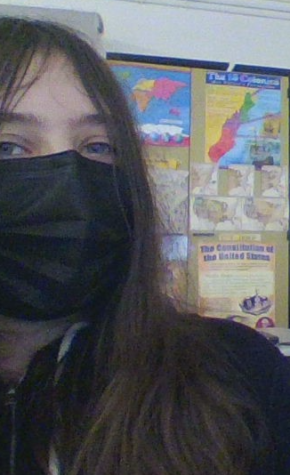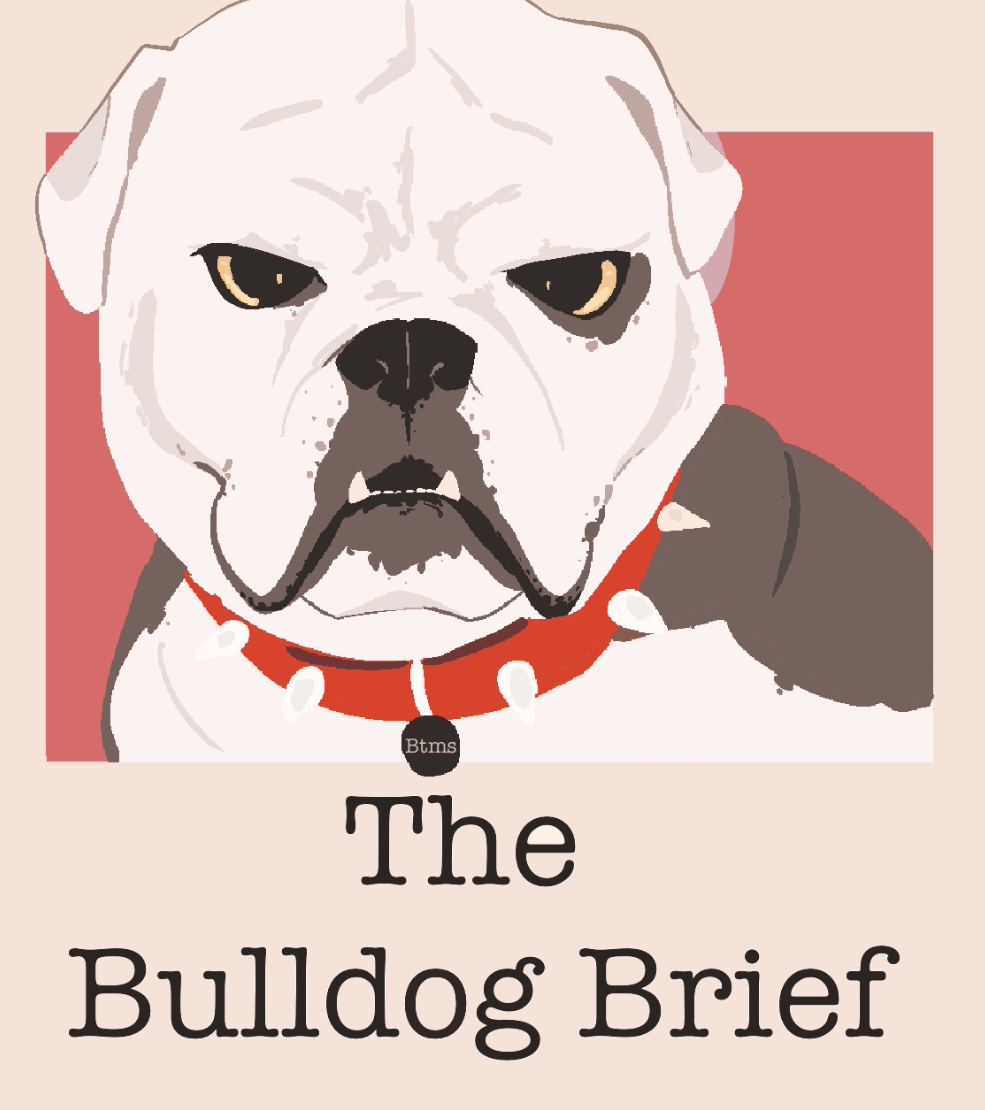Debate on Dress Codes
DEBATE ON DRESS CODES
(AFAB: A person assigned female at birth)
There are many dress codes all around the world having to do with showing too much cleavage or having to wear a uniform. Some people think dress codes are unfair, and they can be but the dress code at BTMS is very fair to an extent.
Some people think dress codes are unfair because teachers might be targeting kids AFAB because of the whole shoulders thing and how kids AFAB aren’t allowed to show cleavage in most schools. People just want to wear what they want, which is completely normal and fine!
Uniforms have been around for a very long time, dating back to the 16th century, but the first modern uniform ever was in England in 1222. They would wear outfits called Cappa Clausa. Most uniforms would consist of a skirt and dress shirt for a girl and pants and a dress shirt for a boy, the colors would sometimes be related to the school colors. School uniforms have a lot of controversy behind them because they fit girls and boys into certain categories, and people who don’t identify with either gender identity can feel misplaced and/or disrespected. When girls and boys are forced into wearing skirts or pants, it takes away from their ability to express themselves more clearly; some boys may want to wear skirts and girls could want to wear pants.
There are some school rules where they have banned certain brands like Canada Goose because it’s an expensive brand and they don’t want kids to have to buy expensive clothes to be popular. Schools also don’t want kids buying expensive designer coats and showing off. Some reasons they might not want kids to buy them is that the kids need spares and it could bring stress on their families to buy the outfits especially if they are lower class or not able to afford them.
I’ve experienced being dress-coded and seen other people get dress-coded as well. In elementary school, I saw someone get dress coded at lunch on the first day of school just for showing their shoulders. Dress codes are targeted mostly towards people AFAB and they’re told that they are too distracting to the class, or even called inappropriate. I have never ever seen a boy get dress-coded. I’m not saying they haven’t been dress-coded EVER, it’s just more likely for a person AFAB to be dress coded. I always hear adults telling younger kids AFAB to cover up, but this is a horrible thing to say in general but especially towards children. Telling them to cover up because they’re wearing a crop top or skirt because it’s “too short” is sexualizing children! Kids who witness or experience dress coding will feel shameful of their own style and body and may see adults as people who perceive them in a sexual and uncomfortable way.
A reason why school uniforms wouldn’t be a good idea is that kids want to dress how they want and clothing is a good way to express yourself, and it’s boring for some kids to wear the same thing every day. People also sexualize school uniforms on people AFAB, which is disgusting because it’s just clothing you wear for school. You could search up a girl’s uniform on the internet and see how sexualized they are, but if you search a boy’s uniform, it shows just a normal everyday uniform.
Dress codes have racism rooted in them, too. Different schools have banned locs or durags/bonnets, even though black people use durags and bonnets to keep their hair looking good, and locs are one of the many protective hairstyles black people wear (Locs are also a cultural representation of how black people have worn their hair for a long time). This dates back to a long time ago as well when Black women or girls were forced to wear a scarf on their hair because white women felt threatened. In Evanston Township High School, the assistant superintendent mentioned that if one person wore the same thing as another person but they had more bodily curves, then they shouldn’t be dress-coded, and in the high school, more girls of color were dress-coded than the white girls, showing dress codes are against peoples bodies and their race.
A good aspect to uniforms is that if everyone wears the same thing, then no one can be made fun of for what they wear because they’re wearing the same thing. I understand that some people may have uniforms that are less intact than others, but other than that, then there’s no discrimination for what you wear. Another smart thing about wearing uniforms is that you won’t have a hard time at home waking up and not knowing what to wear. Uniforms also make it so you don’t have to go shopping for so many back-to-school clothes to find what you exactly want. It also wouldn’t reveal poverty and cuts down bullying. Wearing a uniform makes it so you would fit exactly into the dress code and not have to worry about the embarrassment of being dress coded.
Dress codes aren’t the worst. Schools mostly want kids to dress appropriately for the school environment. Dress codes only become bad when the rules are sexist, racist, and not body inclusive.
BTMS responses to if they would be in favor of school uniforms:
BTMS responses to if they have been dress coded and their stories:

Hi, my name is Emmalyn and I joined journalism because loads of my friends recommended it to me and said it was really fun. I'm excited to meet new people...

I joined journalism because I thought it would be cool to try something new. I'm looking forward to meeting new people and making friends in journalism...



Hasset K ¦ Oct 26, 2022 at 5:06 pm
This is incredible! I wrote an article about dress codes but reading this made me realise how much I didn’t cover. Keep up the good work!
Yoel ¦ Oct 26, 2022 at 10:34 am
S tier article
Lana Onyx Gleeson, she/they ¦ Oct 26, 2022 at 9:06 am
As an AMAB but female-identifying person, this feels like it is hard on me. I am glad I can still wear what I want, even with a lot of people knowing my past… I’m looking out for everyone. Express yourself! If you are male identifying but want to wear a skirt, you shouldn’t feel hesitant. The whole point of caring about clothing is to get the idea of you as a person across to the people around you.
P.S. this is a better essay then most I write for schoolwork purposes!)
Sanvi Vishnum ¦ Oct 25, 2022 at 2:11 pm
The best article on this topic I have ever read. Looking forward to more!!